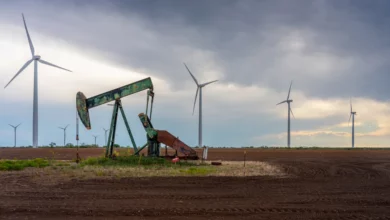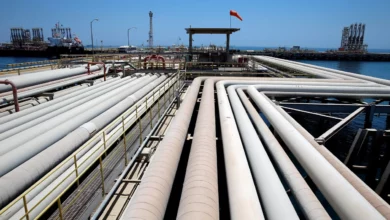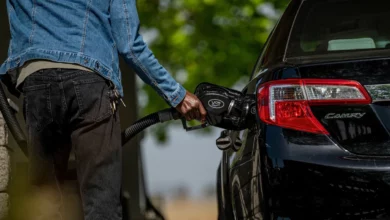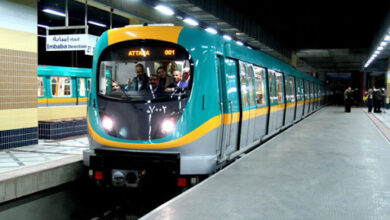Egypt’s fuel crisis entered its second week Saturday, with drivers continuing to queue in front of gas stations, causing the complete paralysis of traffic in some cities.
The fuel crisis coincides with the start of the new academic year, when the number of public transport users increase. The affected governorates included Giza, Alexandria, Red Sea, Fayoum, Beni Suef, Damietta, Kafr al-Sheikh, Qena and 6th of October City.
Cairo’s Mehwar highway witnessed the congestion of dozens of cars as some gas stations closed after fuel ran out. The Cairo-Alexandria Desert Road witnessed the same problem.
In Alexandria, hundreds of cars lined up in front of gas stations after the majority of them said they did not have enough fuel for all cars.
Taxi drivers accused station owners of selling the fuel on the black market and threatened to go on strike. Microbus drivers, meanwhile, doubled their fares.
A sharp shortage in fuel also swept Kafr al-Sheikh after officials failed to find any immediate solutions.
Kafr al-Sheikh Governor Saad al-Husseiny stressed that finding a solution to the fuel crisis was one of his top priorities, adding he would confront attempts to sell fuel on black market.
In Damietta, farmers complained of the lack of diesel fuel in the majority of gas stations ahead of the rice harvest season. They said they were forced to buy it on the black market to run their machines.
Also, a number of fishing boats stopped working in Damietta, which led to the increase of fresh fish and seafood prices.
The fuel crisis in Fayoum reached its peak, on Saturday, forcing a lot of taxi owners to stop working. The price of a gas cylinder shot to LE70 on the black market instead of the official price of LE5.
In Qena, microbus drivers went on strike on the first day of school in Nag Hammadi, Deshna, al-Mahrousa, and al-Waqf to protest the lack of diesel.
Ministry of Supply official sources told Al-Masry Al-Youm Friday that the Cabinet failed to solve the fuel crisis because to the lack of funding sources to contract with for the new shipments.
Edited translation from Al-Masry Al-Youm




